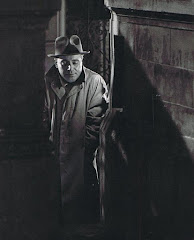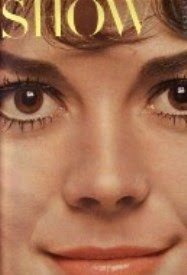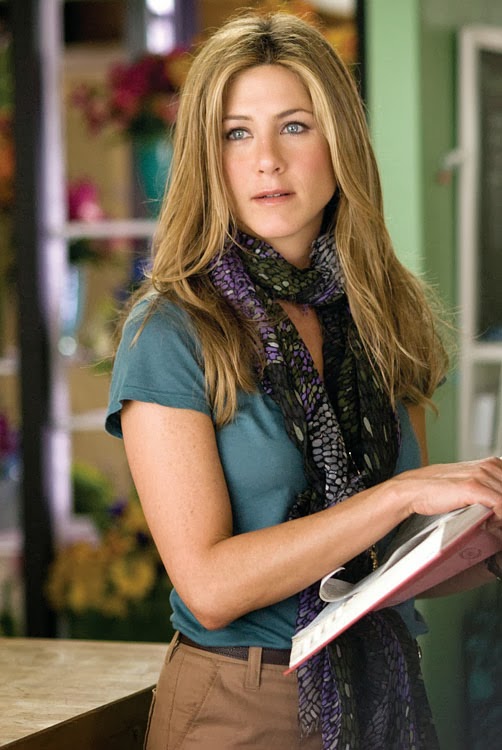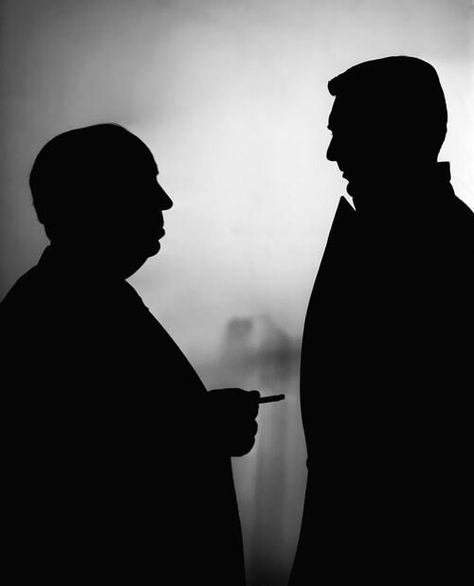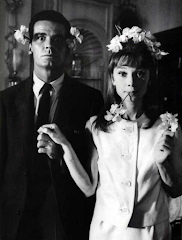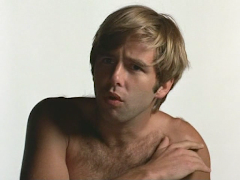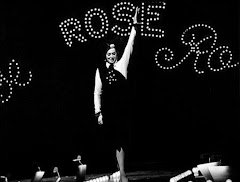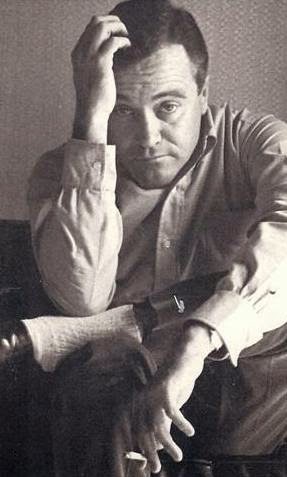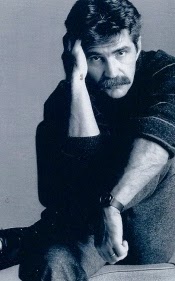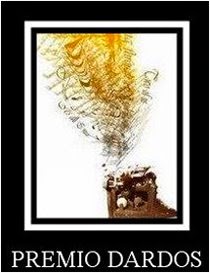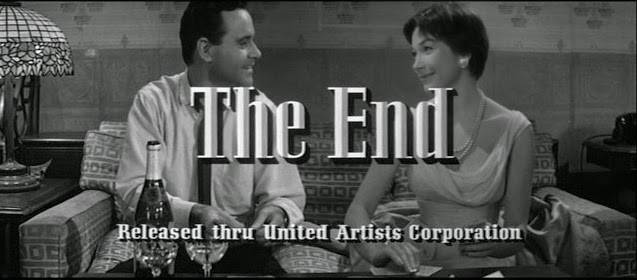This will probably be a rant. It's about the Oscars, after all. But I'll try to exercise a little self-control. Here goes...
I thought I had come up with only one reason to watch the Oscarcast tonight. But then I realized that there are actually two - and one of them is the
pleasure in watching the indefatigable host Neil Patrick Harris in action. Unless the usual excess overwhelms and numbs Harris
- which would be uncharacteristic for this enterprising performer - he
should shepherd his audience safely through hours of
rampant narcissism, shameless self-promotion, bad jokes, arch
presentations, faux humility, thinly-veiled bragging and desperate stabs
at social consciousness.
The other reason?
Well,
that would be to see who wins the Best Actor trophy. There is
absolutely no suspense among the other major acting nominees.
Julianne Moore,
J.K. Simmons and Patricia Arquette will undoubtedly continue their
on-going winning streaks in the Best Actress, Supporting Actor and
Supporting Actress categories, respectively. Yawn.
As for Best Picture, its history alone
should help Richard Linklater's "Boyhood" nail that top slot. Or perhaps that critics' darling, Alejandro González Iñárritu's "Birdman," will nab the big brass ring, leaving the average televiewer/moviegoer thinking,
"Huh? What just happened?"
Linklater may or may not win as Best Director,
but frankly, I don't care. It seems that his achievement with this
particular film had more to do with painstaking coordination than with
the usual standards for direction.
That leaves Best
Actor - Carell, Cooper, Cumberbatch, Keaton and Redmayne. For months,
pundits had been confidently pontificating that "It's Michael Keaton's
year" - that is, until Eddie Redmayne started picking up trophies at
lesser awards shows. Then it was all over for Keaton and it became
"Redmayne's year" - that is, until "American Sniper" opened
Big and,
forthwith, salesman Bradley Cooper was gamely all over the place.
On
second thought, do I really care who wins Best Actor? In all honesty,
no. Which brings me back to only one reason to watch Hollywood's 87th Giveaway Show. Even
the most star-struck film journalist knows that the Oscar has
relatively
little to do with achievement (although most pretend
otherwise) and that it's all about popularity in its various, mutated forms.
A person gets nominated - and wins - because (1) he/she is likeable and/or venerable, or because (2) a big studio money machine is behind that person, making sure to keep that person
in your face
for four months straight, or because (3) the film in which he/she is
involved has been critically endorsed and is, therefore, obviously a
winner - and so anyone who is even remotely associated with that film must also be a winner.
That said, here are a few unpopular, contrarian complaints, pontifications, observations and questions about this year's Oscars in particular - and the so-called "awards
season" (in all its trumped-up, shameless glory) in general. Given that I no longer answer to an editor and therefore not obliged to feign interest in the event, my thoughts will be unexpurgated.
"Birdman (or The Unexpected Virtue of Ignorance)." I've rarely been in sync with other critics but the fawning enthusiasm for Iñárritu's film really makes me feel like an outlier. The plot about a washed-up movie actor attempting a comeback in a self-written Broadway play might have been engrossing if either the actor or his play was interesting - or if the film about them wasn't so glibly self-satisfied. Exacerbating matters is a collection of thoroughly unpleasant characters and a clanging drum score (credited to Antonio Sanchez) that's so jarring that now, whenever I see, hear, write or say the title "Birdman," I associate it with severe head pain.
"The Grand Budapest Hotel." Wes Anderson’s fussy, all-male fantasia was also confounding. Frankly, the silly storyline about a fey concierge who claims to have had sex with the titular hotel's decrepit female patrons and is rewarded by one of them with a priceless painting (leading to a desperately unfunny chase) is made bearable only by Adam Stockhausen's remarkable production design and the three different aspect ratios employed by cinematographer Robert D. Yeoman. But the brand of "charm" that permeates this film is like sweet, sticky caramel. Sorry, but Anderson's precious frat-house film is way too twee for me.
"Selma." Going in, there were two bright Oscar promises among the attention-seeking candidates - this Ava DuVernay biopic centering on Martin Luther King's voting-rights march in 1965 and Angelina Jolie's "Unbreakable," based on Lauren Hillenbrand's huge best-seller about World War II hero Louis Zamperini. Remarkably, Jolie's film, which earned good reviews, went absolutely nowhere in terms of awards. Nothing. Nada. DuVernay's movie, meanwhile, was the center of two controversies, one of which may have led to the other. After DuVernay was the subject of unflattering opinion pieces and editorials for negating LBJ's role in the design and passing of the landmark Voting Rights Act of 1965, her film managed to snag only two Oscar nominations - for Best Picture and Best Song. Overlooked were DuVernay herself for direction and her star David Oyelowo. Hollywood racism was targeted by the supporters of "Selma." There was no mention, however, that perhaps the Oscar snub was self-created, the result of an agenda that turned off many voters. But, hey, a Best Picture nod ain't exactly chicken feed
"Whiplash." Hands-down, the most ludicrous film of the year - one which positions percussion as a blood sport - and it's weighed down by the most ludicrous character of the year, a maniacal jazz instructor straight out of "Full Metal Jacket." Honest. I couldn't make this stuff up. I love that J.K. Simmons, who plays the role (and will win the Oscar), is finally receiving peer recognition but it's for a performance that simply makes no sense.
"Wild." Just the thought of Laura Dern makes me smile. Terrific actress. She has nailed every role that she's played. Never a misstep. She's been around since the '80s and has had some really revelatory roles ("Wild at Heart," Rambling Rose," "We Don't Live Here Anymore," "Everything Must Go" and especially HBO's "Enlightened") but her part in "Wild" isn't one of them. Again, I'm happy she's nominated but keep asking myself,
"Why?"
"Foxcatcher." When an actress, who is charming and attractive, deglamorizes herself for a serious role, the critics - mostly male - call her on it. She'll be accused of nakedly angling for a top acting award (or, at least, some critical praise) or of being ambitious and self-promoting. Most male critics would deny that they are sexists, but when they write stuff like this, they are - the cads. And the fact is, one could make the same exact generalizations about anyone who sets themselves up as Oscar bait, even men. But no one commented on Steve Carell's transparent Oscar bid as multimillionaire wrestling nut John E. du Pont in Bennett Miller's film, where he dons a huge prosthetic nose and cosmetically changes his hairline and skin tone. Sure, Carell is convincing but who wouldn't be with that kind of help? Carell has turned into an extraordinary film actor with a really eclectic filmography. And, from where I sit, he has been much more convincing is roles that required less showcasing ("Little Miss Sunshine," "The Way Way Back," "Crazy. Stupid. Love.," "Dan in Real Life," "Seeking a Friend for the End of the World") and those not considered Oscar-worthy ("Dinner for Schmucks," "The Incredible Burt Wonderstone" and particularly "The 40-Year-Old Virgin"). He's another actor who I like - a lot - but, frankly, his turn in "Foxcatcher" has been overrated.
"Still Alice." The film itself received bad reviews, deservedly so. It's a strange hypbrid - part Lifetime movie and part predictable Sundance/indie fare. It's a toxic combination that almost steamrolled its two great performances - from Julianne Moore and Kristen Stewart. This is another "problem movie" in which the problem (in this case, Alzheimer's disease) revolves around well-heeled, entitled people. Which has become typical in indies. Moore, of course, plays a privileged, educated woman with a cool career. She lives in a handsome Manhattan brownstone and has a beach house. When she takes winter walks on a beach, the beach in question is an indie beach - somehow, free of other people. (It's accompanied, of course, by one of those spare, tinkly piano scores.) She has the beach to herself so that she can contemplate the dementia that is taking over her cultured life. When she visits a "home" that caters to Alzheimer's patients, they are all old and poor, unlike Moore's character, but the film would be more interesting - and more honest - if it was about
those poor souls.
Academy Snobbery. If the Academy is indeed steeped in racism, it doesn't surprise me. It's been guilty of every other -ism that exists. It also becomes all hoity toity at awards time. So, let's get back to Kristen Stewart. Why wasn't she nominated for her performance in "Still Alice"? She's spectacular in it, its steely center. But, of course, the status-conscious Academy would never consider someone, however talented they are, who has become tabolid fodder and who stooped to appear in the "Twilight" franchise. The same goes for Channing Tatum, who is the heart and soul of "Foxcatcher" and whose performance is much more impressive than either Carell's or the mannered one by mumbling Mark Ruffalo (inexplicably another nominee this year). But, of course, the Academy would never entertain the idea of honoring
Magic Mike. The horror. Hollywood behaves as if performers like Stewart and Tatum are good enough to make money for the industry, but reward them when they excel in their roles as actors? Never. (And while we're at it, a long-overdue shout-out for "Nightcrawler's" Rene Russo, also slighted this year.)
OK, end of rant.
Wait! One more thing. The year's best actor, despite who wins
tonight, is actually Jake Gyllenhall (also overlooked, natch), so
mesmerizing in "Nightcrawler." To expand on that, it might be a bit
anti-climatic but these are the performers most deserving of
accolades/awards in 2015.
In my opinion.
- Jake Gyllenhall / "Nightcrawler" - Best Actor
- Jennifer Aniston / "Cake" - Best Actress
- Channing Tatum / "Foxcatcher" - Best Supporting Actor
- Kristen Stewart / "Still Alice"- Best Supporting Actress
Note in Passing: Not enough has been written about Jennifer Aniston's remarkable performance in
"Cake," a fine film whose aborted box-office life seemed to be the result of a bizarre release
pattern. As a woman addicted to pain medications prescribed after an
unseen accident, Aniston brought an astonishing generosity of spirit - and
unexpected lightness - to a work that could have been an unrelenting
downer. There is a subtle form of humor in the film, thanks to Aniston's razon-sharp line readings and eccentric demeanor.
She creates nervous laughter, but it's real.
















